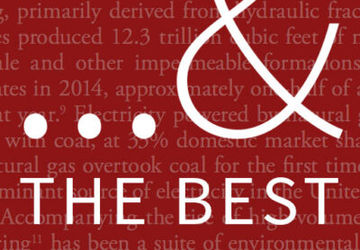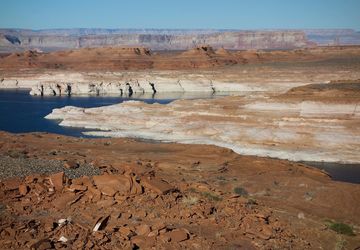Jane Lord-Krause (she/her)
Hometown: Seattle, WA
Major: American Studies and Math ‘25
Internship: U.S. Army Corps of Engineers
Jane Lord-Krause reflects on doing meaningful conservation work at the U.S. Army Corps of Engineers in San Francisco
One of my favorite things about going to work everyday is going through security. Yes, I know that sounds ridiculous--who wants to take their belt off every morning? It's just so COOL! I work in a place--the Federal Building in San Francisco--where there are such important documents and people and work that you need to go through a metal detector and get your brown bag lunch x-rayed. Every day, when I come into work, I feel like I'm part of something bigger: the federal government. There are, of course, many challenges with bureaucracy, like taking two weeks to get access to my assigned computer. But overall, being part of the federal government feels enormous and powerful.
On a more serious note, I do feel like the work that I've engaged with this summer has been serious and important (perhaps not quite important enough to warrant a metal detector, but getting up there!). My first project of the summer was a stakeholder analysis of various federal, state, tribal, and NGO entities working on conservation efforts in the Klamath watershed. While I initially wasn't sure where this work was going to be used, just two days ago I gave a presentation to my supervisor on this work, which will eventually lead to her contacting certain other organizations about specific projects they are working on based on my recommendations. My analysis of which organizations are at the center of the restoration efforts in the area became the cornerstone of my supervisor's strategy for beginning engagement in the Klamath in her department.
The relationships I've built this summer have been particularly valuable. Not only do I feel like my supervisor and other employees at USACE trust the work that I do, but I know that they genuinely care whether I am excited about the work that I am doing. At our weekly meetings, my supervisor always asks me and my fellow intern if we have enough meaningful work--and if we say no, she immediately begins finding us something else to work on. Additionally, my relationships with my fellow interns have been fruitful and fun. We've bonded over bureaucratic hold-ups, explored restaurants around the Civic Center for lunch, and traded recommendations about which meetings were going to be interesting to sit in on. I look forward to visiting a fellow intern's law school next week and to hearing about another's trip to a fancy restaurant for a birthday this weekend.
Overall, I'm grateful to have had the opportunity to engage with such a vibrant office community and do such impactful work.



